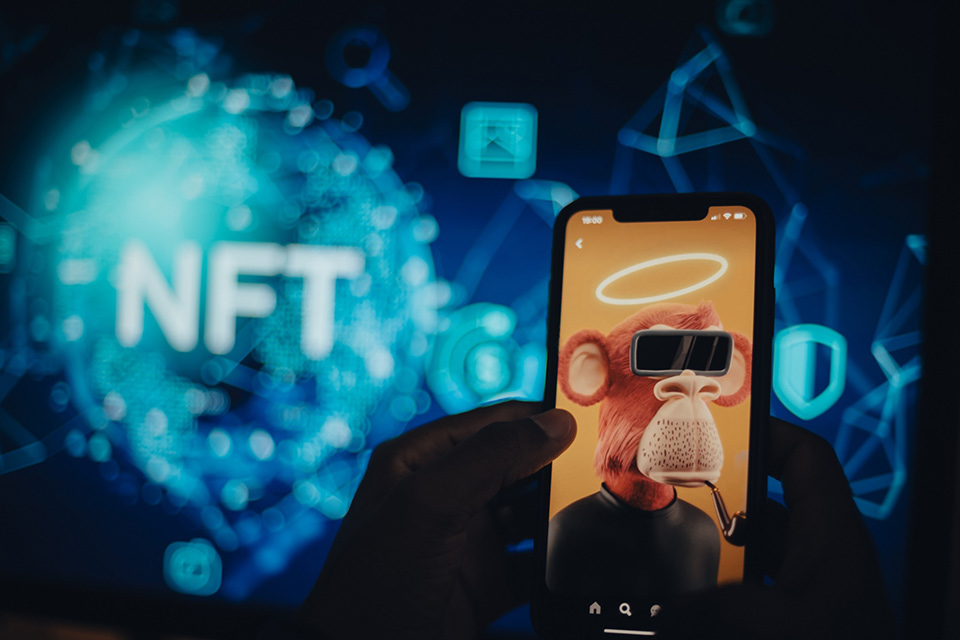In recent years, the world of influencer marketing has exploded. Brands are leveraging social media influencers to promote their products and services to their followers, and influencers are earning big bucks for their sponsored posts. But what if there was a way to take influencer marketing to the next level, leveraging blockchain technology and non-fungible tokens (NFTs) to create a new and exciting way for brands and influencers to work together?
That’s exactly what Jurgen Cautreels believes. Cautreels is a digital marketer and tech trend spotterwho has been working in the industry since 2012.
He believes that NFTs can be a game-changer for the influencer marketing world, providing a way for brands to create unique, personalized campaigns that resonate with their audience and give them a reason to engage with the brand beyond just the sponsored post.

So, how does it work? Well, at its core, an NFT is a unique, digital asset that lives on the blockchain. It can be anything from a piece of artwork to a video to a tweet, and because it’s on the blockchain, it can be verified and tracked in a way that traditional digital assets can’t. This means that brands can create limited-edition NFTs that are tied to a specific influencer or campaign, creating a level of exclusivity and scarcity that resonates with consumers.
For example, imagine a clothing brand partnering with a popular fashion influencer to create a limited-edition NFT that features the influencer wearing one of the brand’s new outfits. The NFT could be sold to fans of the influencer, giving them a unique piece of digital content that they can own and show off to their friends. The brand could even tie the NFT to a real-world reward, like a discount on their next purchase or an invitation to an exclusive event.
This kind of campaign would not only create buzz and excitement around the brand but would also help to establish a deeper connection with the influencer’s followers. Instead of just seeing a sponsored post in their feed, they would have the opportunity to own a piece of unique digital content that is tied to the influencer they admire. This creates a level of engagement that is hard to achieve with traditional influencer marketing.
But the potential applications for NFTs in influencer marketing don’t stop there. Brands could also use NFTs to create loyalty programs or reward systems for their most dedicated fans. For example, a makeup brand could create a series of NFTs that are tied to specific makeup looks, and reward their customers with these NFTs when they make a certain number of purchases. These NFTs could then be used to unlock special rewards or discounts, creating a sense of exclusivity and status for the brand’s biggest fans.
Of course, as with any new technology, there are still some challenges that need to be addressed. For example, there is the issue of environmental sustainability, as the energy consumption associated with creating and trading NFTs has come under scrutiny. However, Cautreels believes that these challenges can be overcome, and that the potential benefits of NFTs in the influencer marketing world are too great to ignore.
NFTs are an exciting new development in the blockchain world, and their potential for influencer marketing is huge. By creating unique, limited-edition digital assets that are tied to specific campaigns and influencers, brands can create a level of exclusivity and engagement that is hard to achieve with traditional influencer marketing. And with the help of experts like Jurgen Cautreels, the future of NFTs in influencer marketing looks bright.



